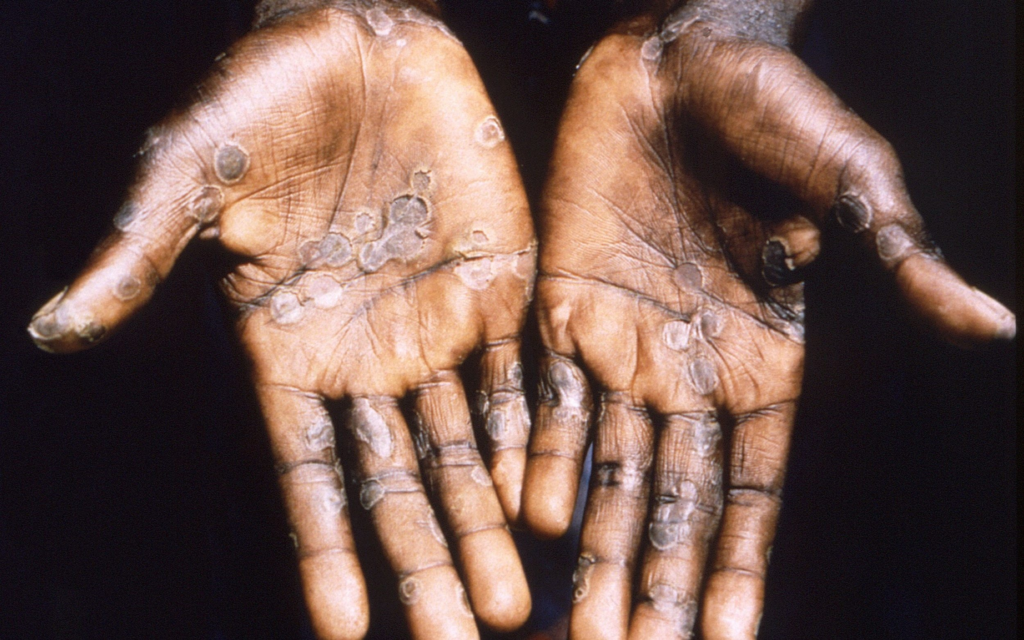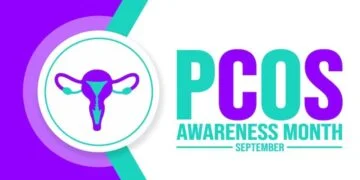According to the UK Health Security Agency (UKHSA), 321 instances of monkeypox virus have been found in the country as of June 7, with 305 confirmed cases in England, 11 in Scotland, 2 in Northern Ireland, and 3 in Wales.
From June 8, the agency enacted legislation that makes monkeypox a notifiable infectious disease under the Health Protection (Notification) Regulations 2010.
This implies that if a doctor suspects a patient has monkeypox, he or she must tell their local council or Health Protection Team (HPT). Laboratories must also alert the UKHSA if the monkeypox virus is found in a laboratory sample, according to the agency.
“The key to halting transmission and controlling any further spread of monkeypox is rapid diagnosis and reporting. This new legislation will assist us and our health-care partners in quickly identifying, treating, and controlling the disease “UKHSA’s monkeypox incident director, Wendi Shepherd, issued a statement.
“It also assists us in the rapid collecting and analysis of data, allowing us to spot prospective outbreaks of the disease and quickly trace close contacts, while administering immunizations where necessary to reduce onward transmission,” Shepherd added.
Monkeypox now has the same legal status as 33 other diseases, “including leprosy, malaria, rabies, plague, and yellow fever,” that are designated as “notifiable” under the UK’s health protection regulations.

“It simply means that clinicians and laboratories are required by law to record cases,” she explained to The Telegraph. “For surveillance and (epidemiological) purposes, we need to monitor cases.”
All overseas tourists who are diagnosed or treated for monkeypox will likewise be free from costs.
“This is crucial since the expense of accessing NHS testing and treatment can be a huge barrier, discouraging people from coming forward and raising the risk of transmission,” Dr Kall continued.









































